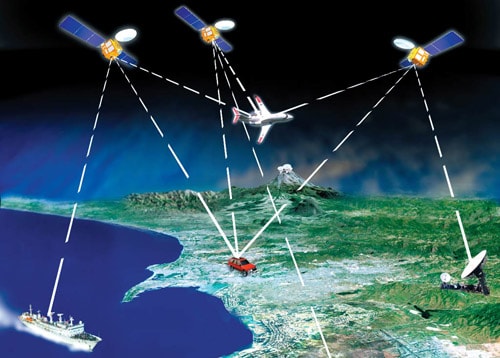China's positioning system recognized by international organizations
The Beidou satellite navigation system has been recognized by the International Maritime Organization (IMO), marking an important step for China in its goal of developing on par with the US navigation system.
 |
| The Beidou navigation system is required for mandatory use in China, in security, tourism, maritime activities... Photo: china-defense-mashup.com |
The United Nations Maritime Safety Committee (IMO) officially included the Beidou system in the global radio navigation system, according to the content of the meetings from November 17-21. Accordingly, Beidou became the third system, after the US GPS and Russia's GLONASS, to be recognized by UN agencies for maritime operations.
Kevin Pollpeter, an expert on China's space program and information warfare issues at the University of California, said the recognition demonstrates that Beidou can provide positioning data for areas it covers.
However, analysts say this is not a complete positioning system and is almost incomparable to GPS on a global scale. Currently, GPS covers 95% of China's positioning market.
"I don't think this announcement will lead to a boom in demand for the Beidou navigation system," Pollpeter said, citing the years of proven reliability of GPS, as well as the accuracy and lower acquisition costs of the US system.
China first tested the Beidou system in 2010 and has continued to invest to develop its competitiveness and reduce its dependence on GPS. The government requires security agencies, disaster relief, tourism, and public transportation to use the satellite technology it provides. More than 50,000 Chinese fishing boats are also equipped with the system.
The government has also set a target of global coverage by installing 35 geostationary and non-geostationary satellites by 2020. To expand coverage in Asian countries, China is providing free services for civilian use. The system is also being tested in the region, such as taxi services in Cambodia and land use management in Myanmar.
“China sees the development of Beidou as important to its military and economic security, so they define it as part of national infrastructure,” Pollpeter said.
According to VnExpress






